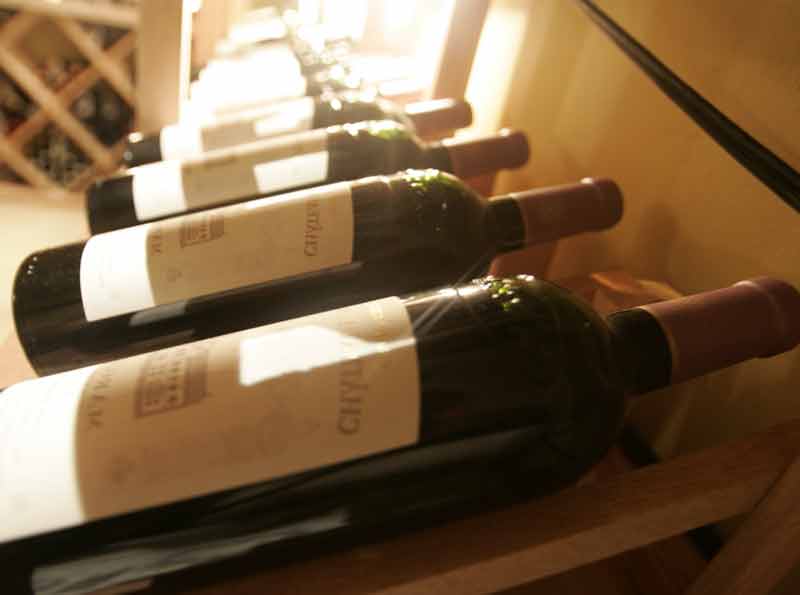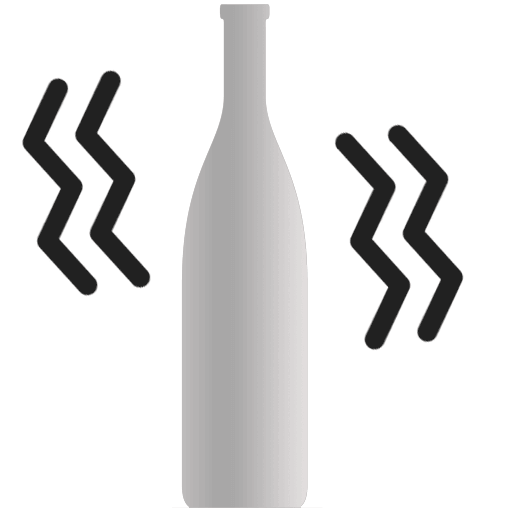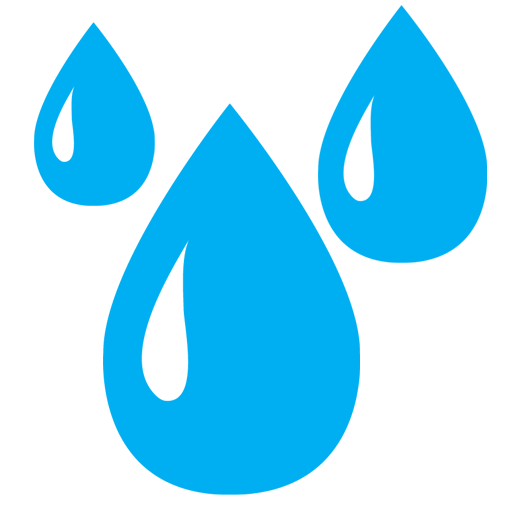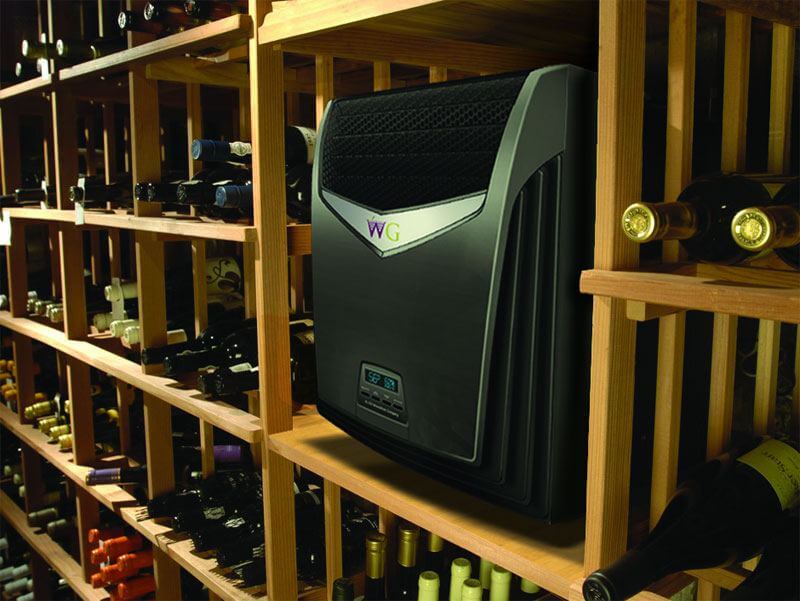Proper Wine Storage
How Do You Properly Store Your Wine?
If you plan on building a fine wine collection, your first goal should be to ensure proper long-term storage conditions in your wine cellar. There are some tried and true basic facts you should know.
Why Store and Age Wine?
As we know, not all wines are created equal. Many less-complex wines are produced for immediate consumption. While most white wines and champagnes may be consumed without aging, they should still be properly stored to retain their flavor integrity. Vintage champagnes will benefit from aging. Complex red wines will improve and acquire beneficial characteristics with proper aging. As wine ages, acids start complex chemical reactions involving a wine’s sugars and phenolic compounds or tannins. This begins to alter the bouquet, color, texture and taste of the wine in a way that enhances flavor. A wine’s aging characteristics are influenced by factors such as grape variety, vintage, vineyard culture, wine region and winemaking style. The storage environment is crucial to the wine aging process.
Quick Links:

What are the Enemies of Proper Wine Storage?
Ultraviolet Rays’ Impact on Your Wine
Ultraviolet (UV) light can wreak havoc on a bottle of wine, especially when exposure extends for long periods of time. UV rays destroy the tannins in wine. Tannins play an important role in preventing oxidation which can prematurely age wine.

Can Heat Ruin Wine?
Heat can ruin the flavor of a bottle of wine if it is exposed to it for long periods of time. Early French winemakers discovered that wine stored cool damp cellars actually improved with age. The cool temperatures slow the aging process and allow the wine to acquire beneficial characteristics over time. Evidence suggests that the wine aging process may stop altogether when temperatures fall below 45 degrees F.

How Doest Vibration Affect Wine?
The production of solids and sediment is a natural part of the wine aging process. Vibration of the wine may upset the liquid-to-solid balance and artificially accelerate the production of solids. Take care to make sure your wine is not subjected to vibrations from household mechanical systems such as cooling units, laundry equipment or the like.

Odor
Strong, sustained odors can negatively alter the flavor of wine. This is particularly true for corked wine, which remains the most popular capping method. Wine in bottles with a mechanical screw top are essentially immune to outside odors. The most common harmful odors come from the presence of such things as aromatic woods like Western Red Cedar, household chemicals, strong spices or even garlic. Every effort should be made to keep any odor-producing compounds isolated from your wine.

Cold Temperatures
As mentioned above, wine should not be subjected to very cold temperatures. White wine serving temperatures in the low 40 degree F range should be the absolute lowest temperature for long term wine storage for reds or white wines. Freezing temperatures will ruin all wines.

Improper Humidity
Humidity and temperature are equally important in maintaining the best wine storage environment. Corked wine is particularly vulnerable to dry conditions while wine stored in bottles with mechanical screw caps is more protected. Ideal humidity should fall in the 60-65% range at 55 degrees F. Humidity levels above 65% at 55 degrees F can be equally dangerous for wine and wine labels.

What are the Benefits of an Actively Conditioned Wine Cellar?
The basements of most modern homes are too warm and dry to naturally provide the ideal conditions for wine storage. The enemies of wine are lurking everywhere. In most cases it will be necessary to build either a room or cabinet equipped with a mechanical cooling unit to achieve the ideal wine storage environment. Should you choose to actively cool your wine cellar or cabinet with a wine cooling system, you will need to follow the proper wine cellar construction guidelines. Failure to properly follow these guidelines may result in damage to your wine, cooling system failure, or even moisture damage to your home.


